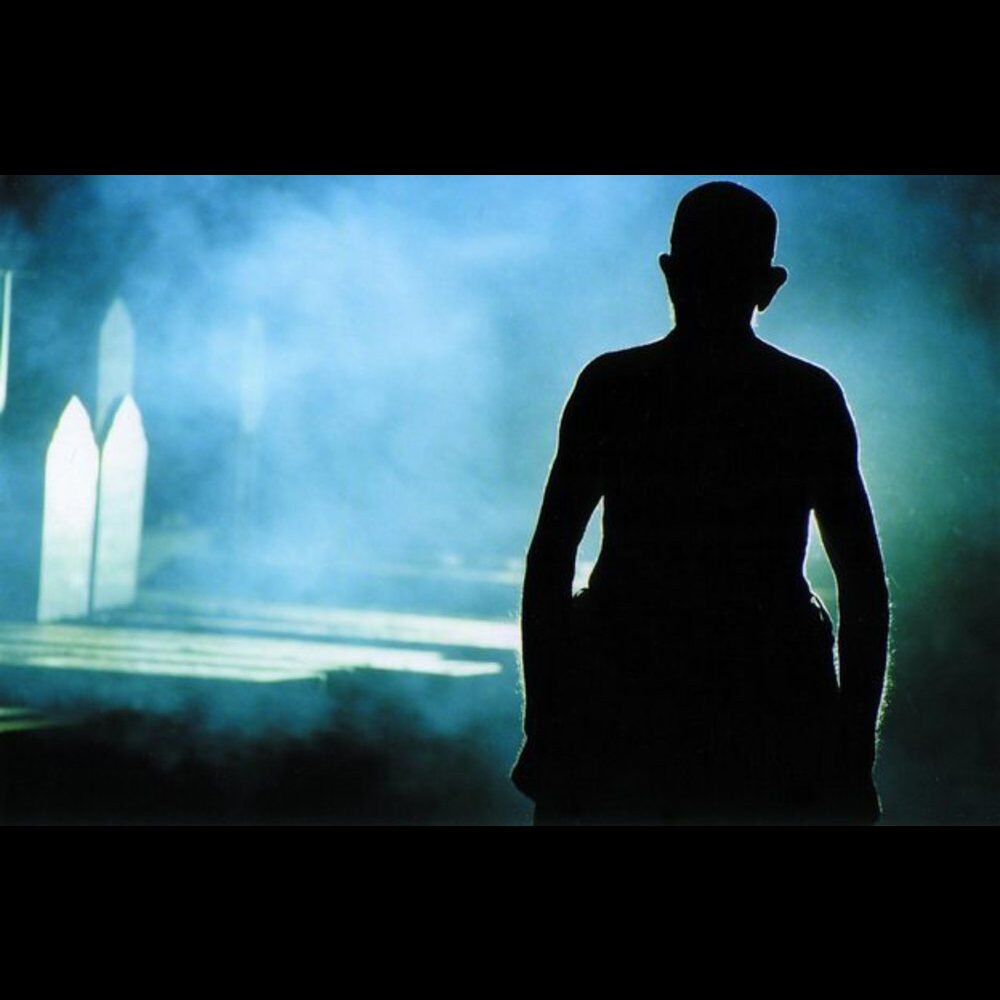NEWS

“Bitter Dream” Review by Deborah Young
Crotchety cemetery director prepares his own funeral in offbeat black comedy from Iran. Illustrating increasing diversity of Iranian post-revolutionary cinema and loosening bonds of state censorship, it brings a quirky, down-to-earth viewpoint. Comedy is notoriously hard to export; could make it hard for pic’s gentle irony to reach Western audiences beyond the usual Iranophiles.
A crotchety cemetery director prepares his own funeral in this offbeat black comedy from Iran, “Bitter Dream.” Illustrating the increasing diversity of Iranian post-revolutionary cinema and the loosening bonds of state censorship, it brings a quirky, down-to-earth viewpoint to the subject of death and gets up close to the funeral director’s relationships to his fellow men. But the fact that comedy is notoriously hard to export could make it hard for the film’s gentle irony to reach Western audiences beyond the usual Iranophiles. Certainly this is a strongly personal calling card for first-time helmer Mohsen Amiryoussefi.
The setting is Sedeh, an ancient town in central Iran with an 800-year-old cemetery outside a mosque-shrine. The story is told in a series of titled mini-chapters. Old Mr. Esfandiar (Abbas Esfandiari) is the violent, mean-spirited and heartily disliked boss of an old opium-smoking gravedigger, a dizzy young boy assigned to burn the dead’s clothing, and a dignified widow named Delbar (Delbar Ghasri) who washes the bodies of dead women. Esfandiar washes the men’s bodies himself. All seem to have pariah status in society at large, making theirs a tightly closed world.
When the dictatorial Esfandiar finds himself visited by Azrael, the angel of death, he takes fright and tries to make hasty amends to those he’s wronged. But human nature is not so easy to change, and he does a lot of back-tracking and fighting off Azrael before the final shot.
There’s some first-film awkwardness in letting good gags go on too long and the morbid humor tends to get a bit obsessive. The human comedy, on the other hand, is not at all superficial in hinting at his unconfessed love for Delbar and paternal rivalry with the boy groomed to take his place. Astutely avoiding all mention of Islam, apart from burial customs, the film makes a point of contrasting the wealth of the shrine’s condescending mullah with the poverty of the other characters.
Film is remarkably visual. Bayram Fazli’s cinematography gives a strong sense of open space to the shrine and the overhanging mountain, where Esfandiar goes to spy on his workers through binoculars. Interiors have a spooky claustrophobia. Centered on ancient archways and underground bathing pools, the camera creates an eerie world of classical order, reinforced by discreetly used Persian music.
While the opening TV interviews used to set the scene have an irritating deja vu quality, they are later used more originally as Esfandiar’s conscience speaks to him from the tube, a truth box showing him his sins.
